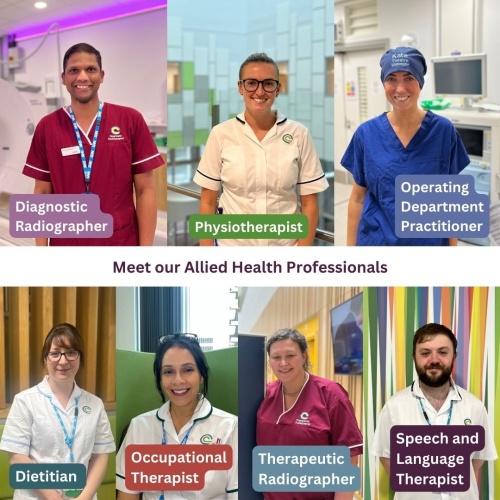Allied health professionals (AHPs) are the third largest clinical staff group in the NHS after doctors and nurses. They play a significant role in caring for people with cancer by providing rehabilitation and support to help you with daily life.
Collage showing different allied health professionals in uniforms. Diagnostic radiographers and therapeutic radiographers wear burgundy scrubs with white piping. Physiotherapists, occupational therapists and speech and language therapists wear white tunics with navy piping. Operating Department Practitioner wears blue scrubs. Dietitian wears white tunic with sky blue piping.
Allied health professionals at The Clatterbridge Cancer Centre include:
- Clinical psychologist
- Dietitians
- Diagnostic radiographers
- Occupational therapists
- Operating department practitioner
- Physiotherapists
- Speech and language therapists
- Therapeutic radiographers
The majority of our AHPs are radiographers (diagnostic and therapeutic).
What we do
Clinical psychologists provide a range of specialist assessments and talking therapies to help improve the mental health of people referred to them. We offer a range of mental health support to patients and relatives including counselling, clinical psychology and psychiatry.
Our Teenage and Young Adult (TYA) Unit has a clinical psychologist who provides specialist support for young people aged 16 to 24 with cancer.
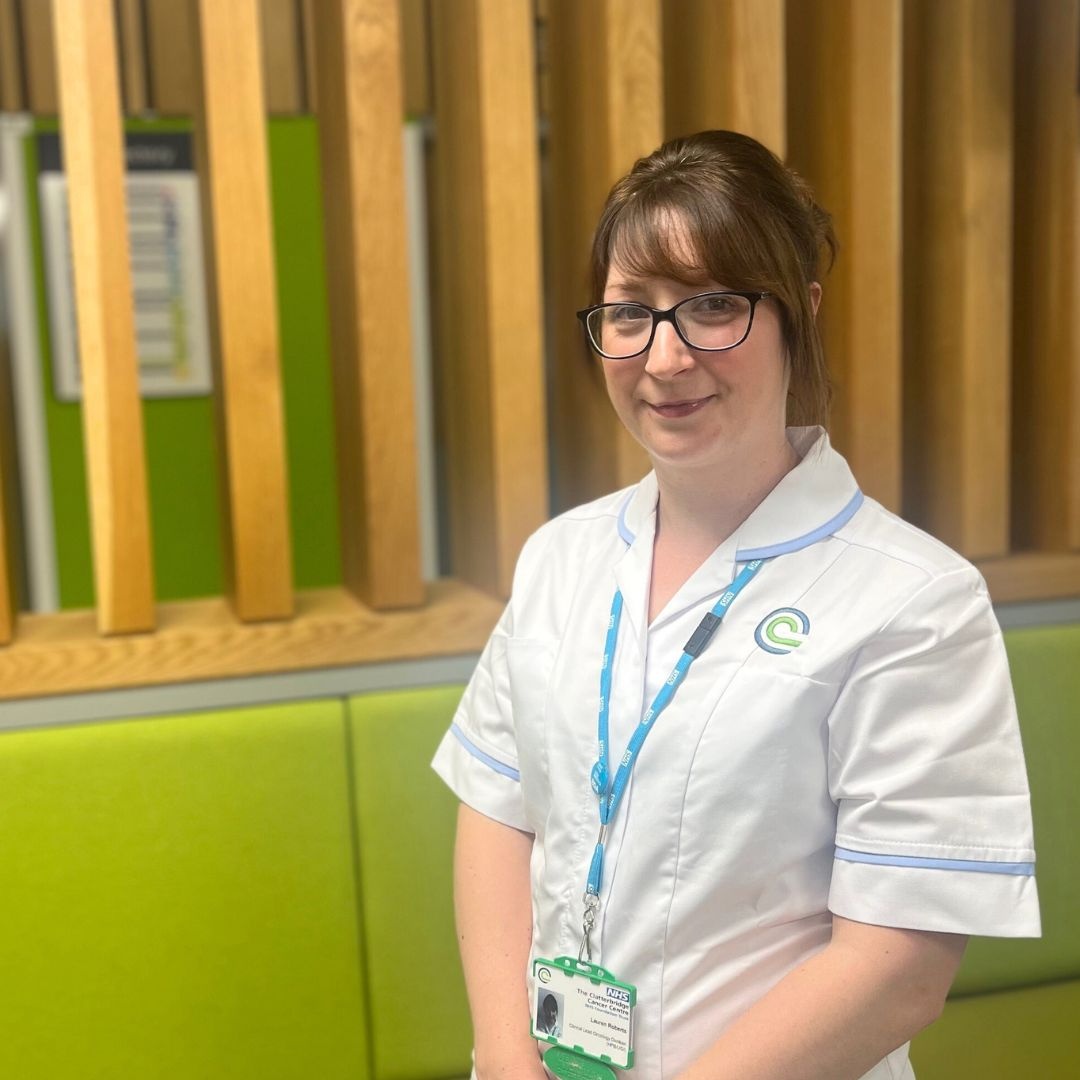
Dietitians are experts in nutrition and use their specialist knowledge to provide advice about food, eating and drinking. They are the only health professionals that assess, diagnose, support and treat health conditions with food and nutrition.
Our dietitians help people affected by cancer to stay nourished and hydrated throughout your care, supporting your wellbeing and quality of life. They tailor their advice to each patient, taking into account your health, nutritional needs and living circumstances.
Our dietitians work closely with speech and language therapists, particularly for patients who have difficulty chewing or swallowing.
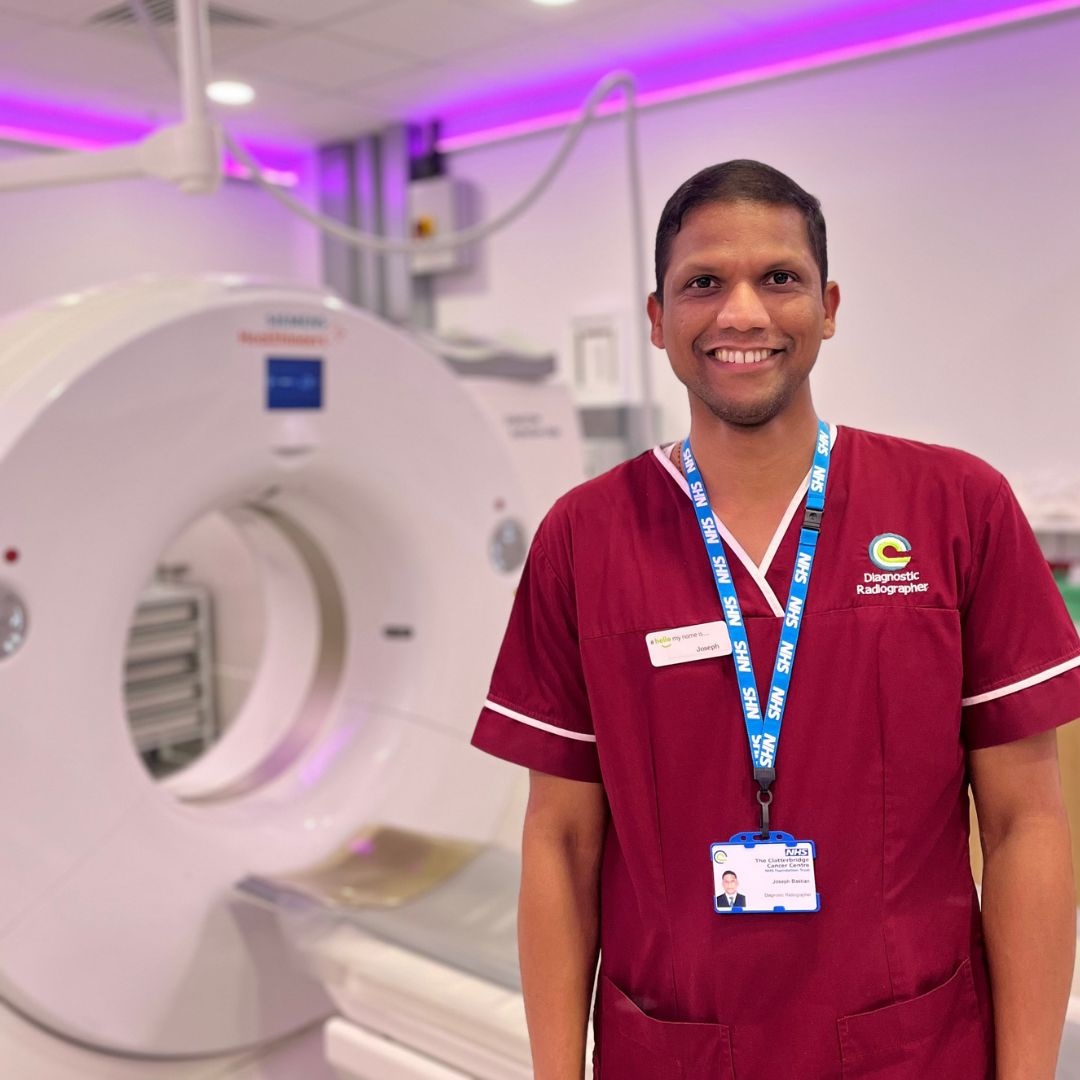
Diagnostic radiographers use highly-sophisticated equipment to take detailed images of the inside of the body. They do this using different techniques including computerised tomography (CT), magnetic resonance imaging (MR or MRI), positive emission tomography (PET), ultrasound, x-rays or a combination such as PET-CT scans.
Most people with cancer will have various scans during their diagnosis and treatment. Scans provide detailed clinical images of the cancer and help us decide how to treat it. They help us plan radiotherapy treatments that will target the cancer and avoid the surrounding tissue. They can also show whether treatment is shrinking the cancer and/or stopping it from growing.
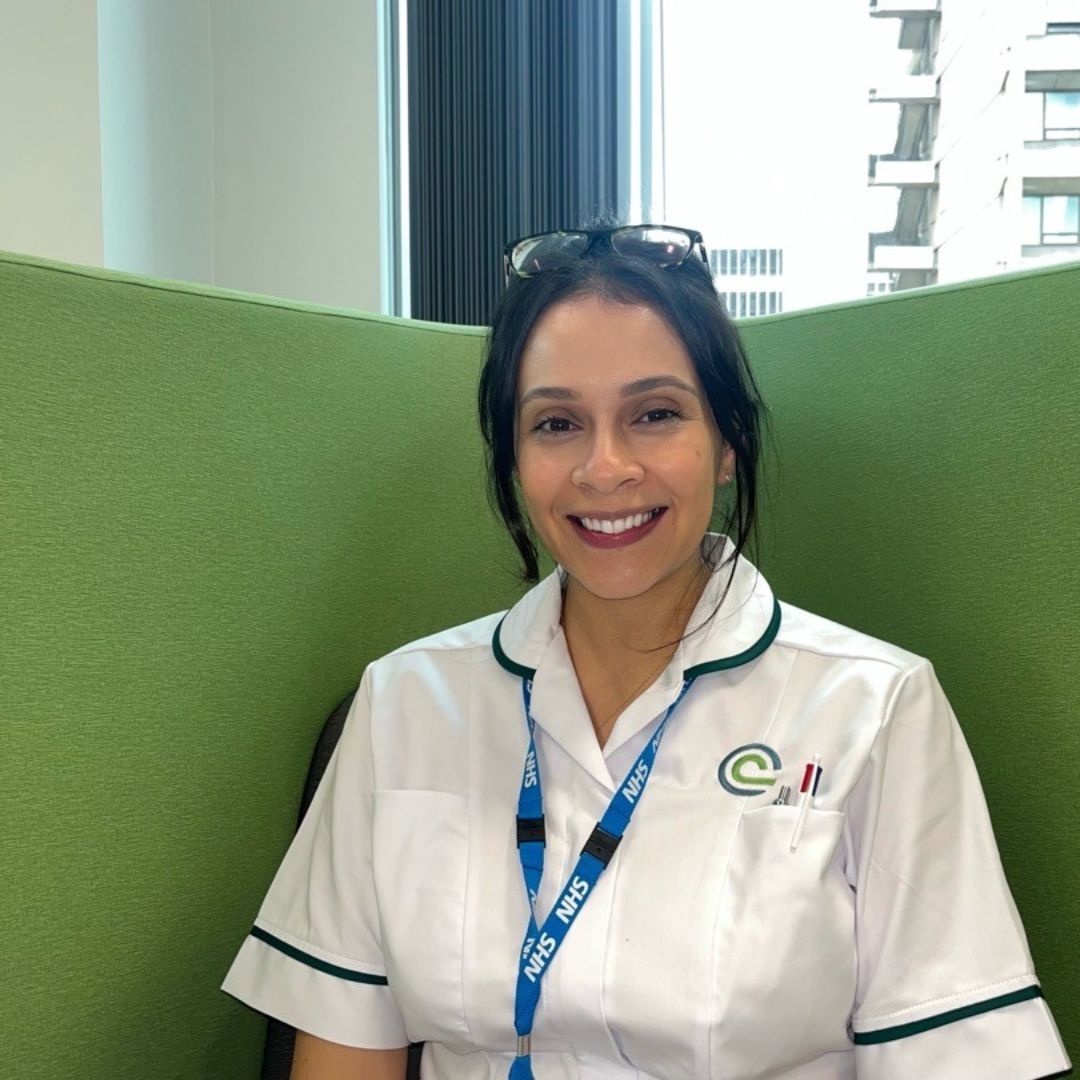
Occupational therapists help people improve their ability to do everyday tasks if they have an illness, disability or need help as they get older. Our occupational therapists provide specialist care for people with cancer who can no longer do things that are important to them.
This includes advice on adapting your home or workplace to help you – for example, by making the toilet seat higher. They can also help you learn new ways of doing things and learn how to manage fatigue.
Read more about our occupational therapy service
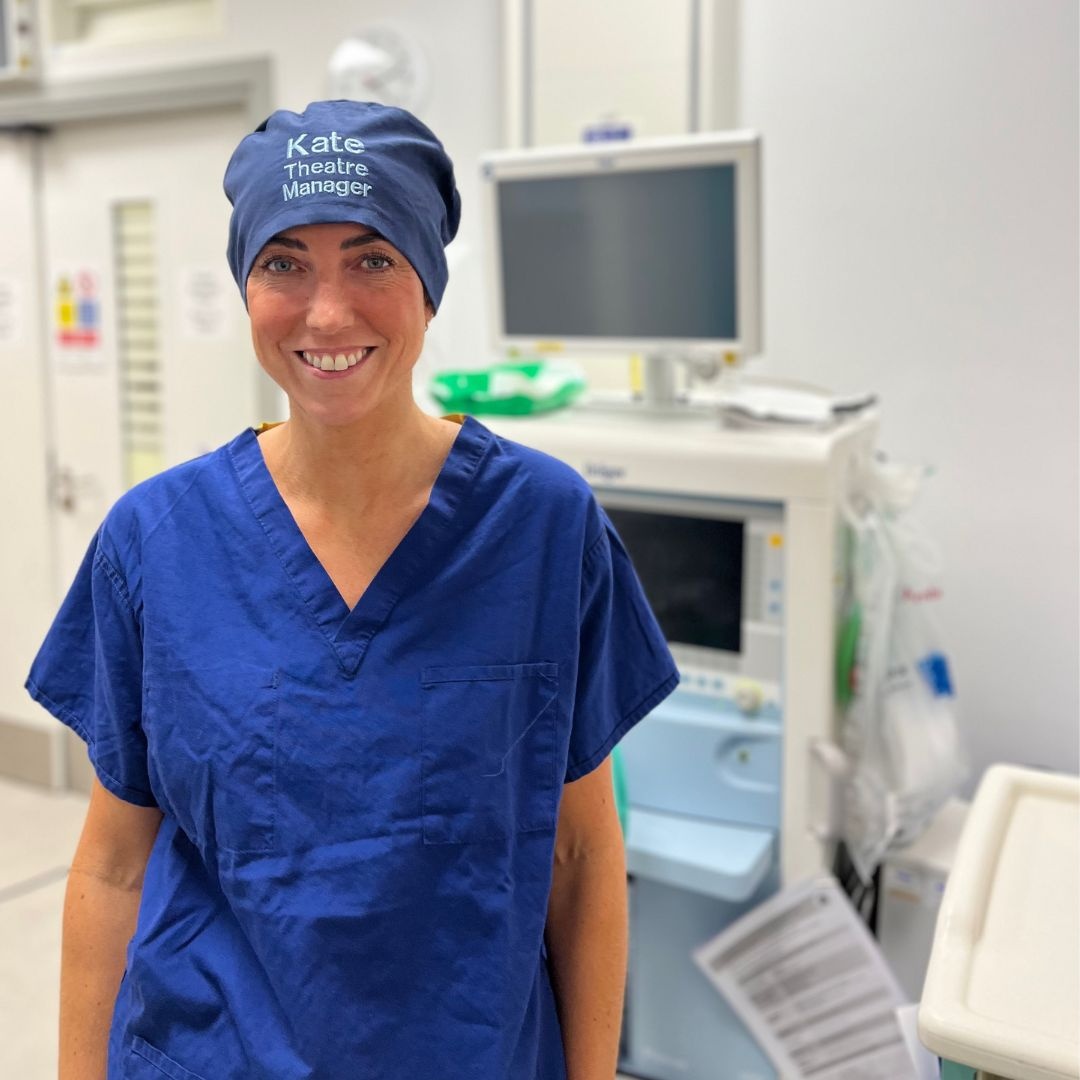
Operating department practitioners (ODPs) are highly-skilled members of a surgical team, providing expert care and support in theatres. Although we don’t do surgery at The Clatterbridge Cancer Centre, we do have a theatre for carrying out procedures for brachytherapy and Papillon treatment. Our ODP provides expert advice and care as part of our Brachytherapy team.
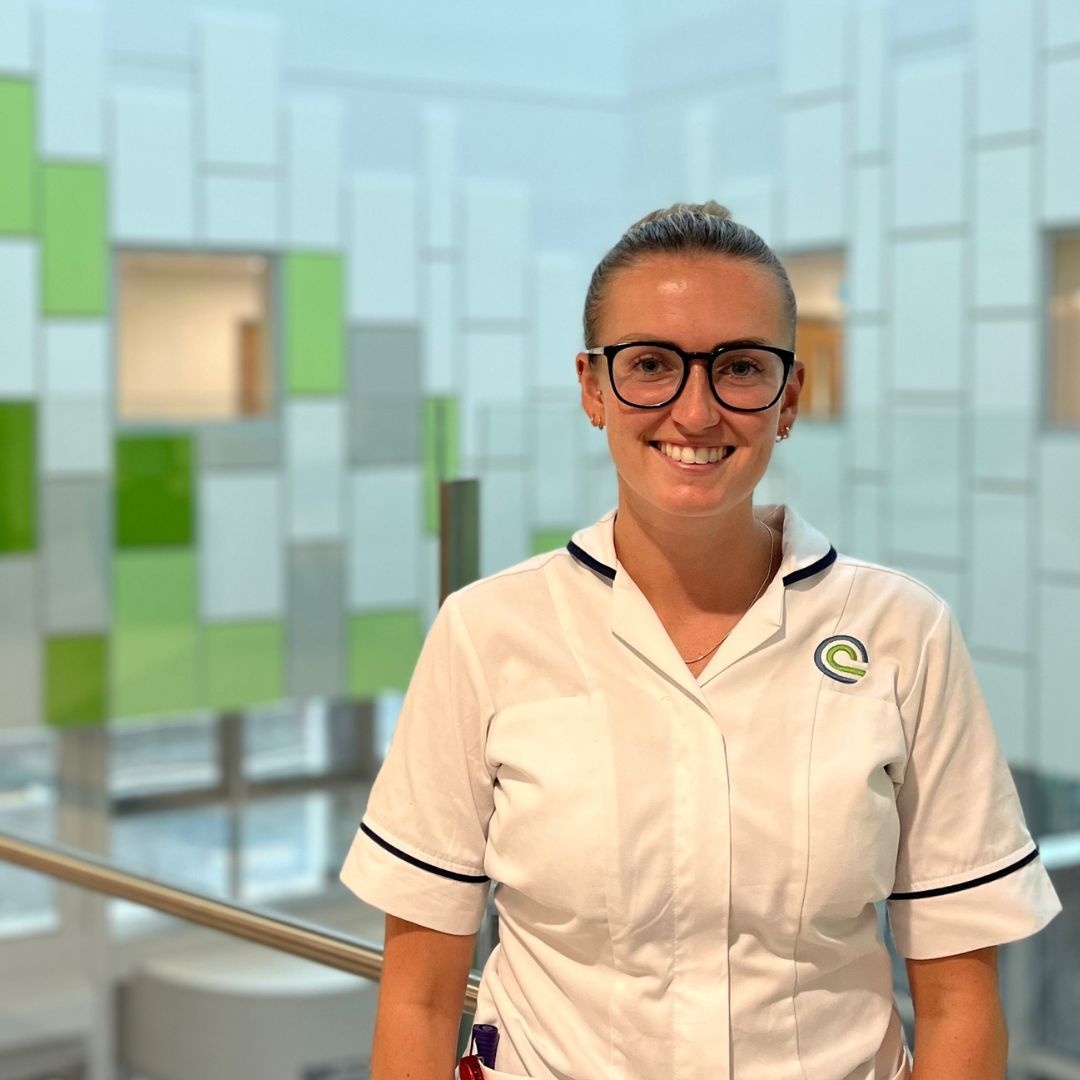
Physiotherapists help to restore movement and function when someone is affected by illness, injury or disability.
Our physiotherapists are experts at assessing and treating physical problems related to cancer diagnosis or treatment. They have a wide range of skills and experience including manual scar therapy using their hands to help with cancer-related scars that are causing pain or decreased movement.
You might see our Physiotherapy team:
- As an inpatient – they might help you during your stay with an exercise plan, advice and mobility equipment. They may also help you prepare to leave hospital (being discharged from hospital)
- As an outpatient – they might see you during an appointment at CCC-Liverpool or CCC-Wirra. They will design a treatment plan just for you with personalised goals to help you through your cancer journey
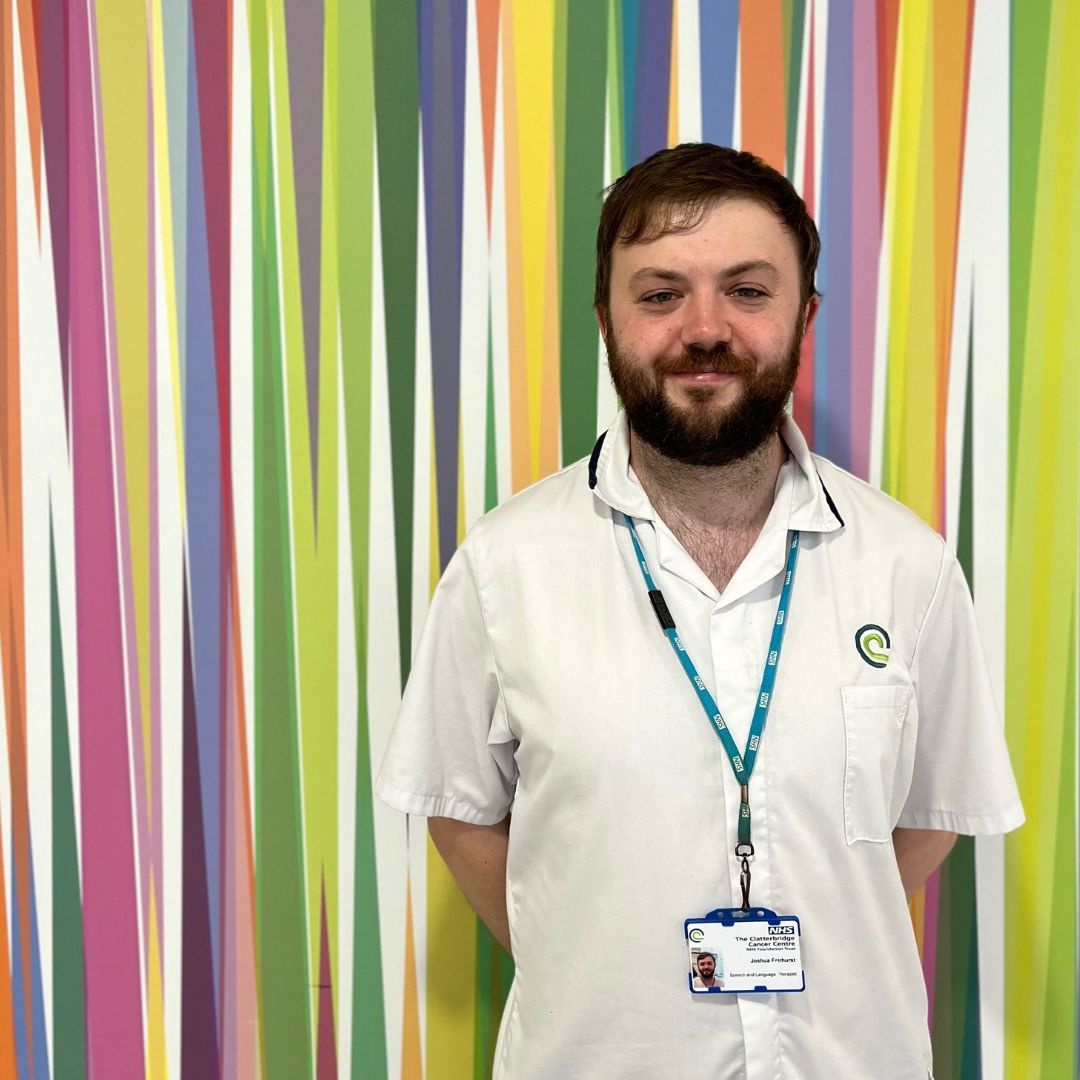
Some cancers and cancer treatments can affect:
- Communication – you may struggle to find the right words when speaking or you may mix up words. You may also find it difficult to read or write.
- Voice – your voice may become weak or sound hoarse
- Speech – your speech may sound slurred and unclear
- Swallowing – you may struggle to eat, swallow or drink
Our speech and language therapists are experienced in assessing and treating a wide range of communication, voice, speech and swallowing problems. They can support you before, during and after your cancer treatment.
They can help you find the best ways to communicate with other people. This may include changing how you use speech, your voice or other ways of communicating.
Our speech and language therapists can also assess your swallowing and offer practical help specific to your needs.
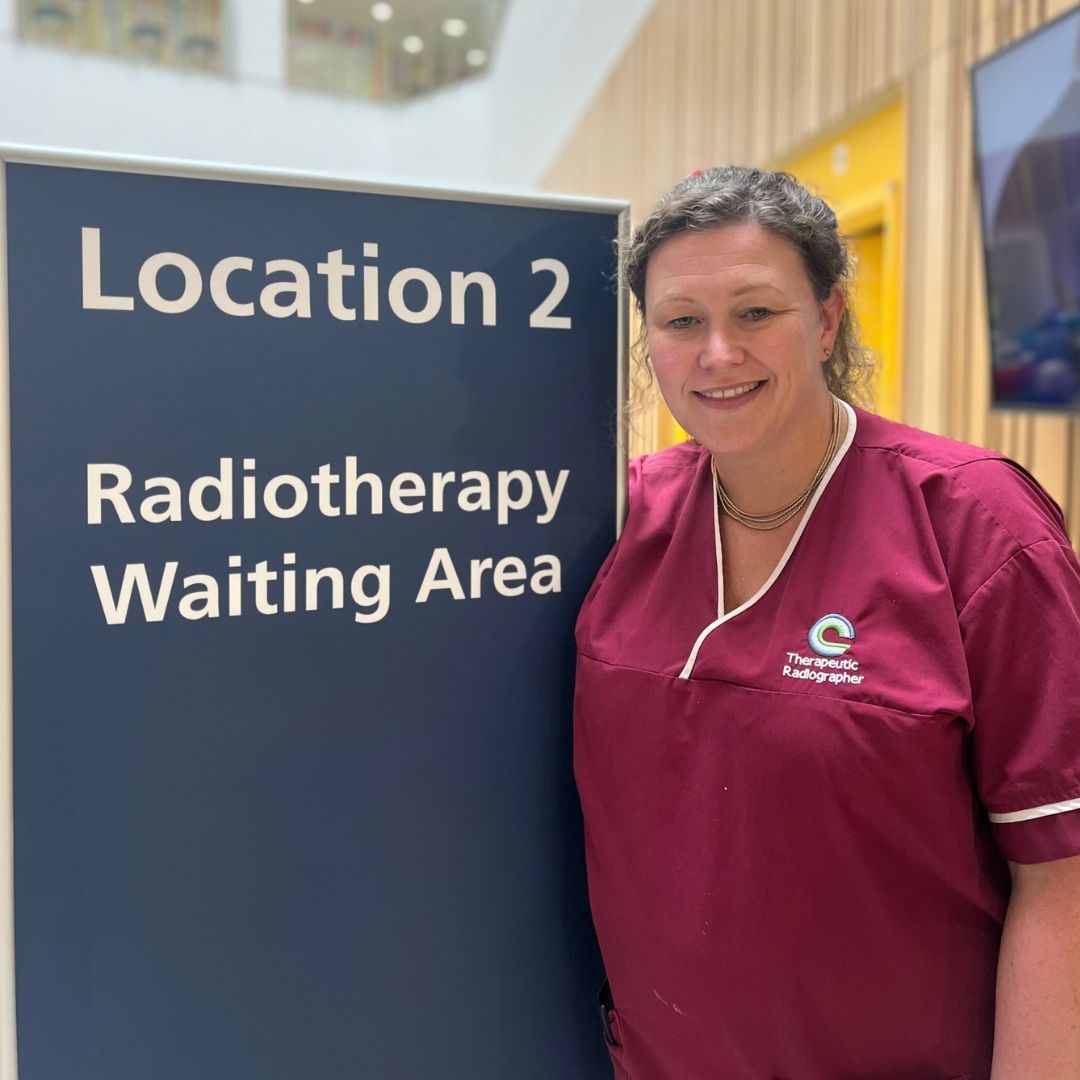
Therapeutic radiographers play a key part in cancer care by planning and delivering radiotherapy – the use of high-energy x-rays to treat cancer. Our therapeutic radiographers are there every step of the way for patients having radiotherapy. They provide specialist advice, support and care before, during and after treatment.
We also have consultant radiotherapists who run their own clinics and provide more specialist care.
Our team
- Read more about our adult psychological medicine service
- Read more about our Teenage and Young adult service
- Read more about our dietetics service .
- Read more about radiology and diagnostic imaging
- Read more about our occupational therapy service
- Read more about our brachytherapy service
- Read more about our physiotherapy service
- Read more about our speech and language therapy service
- Read more about radiotherapy
